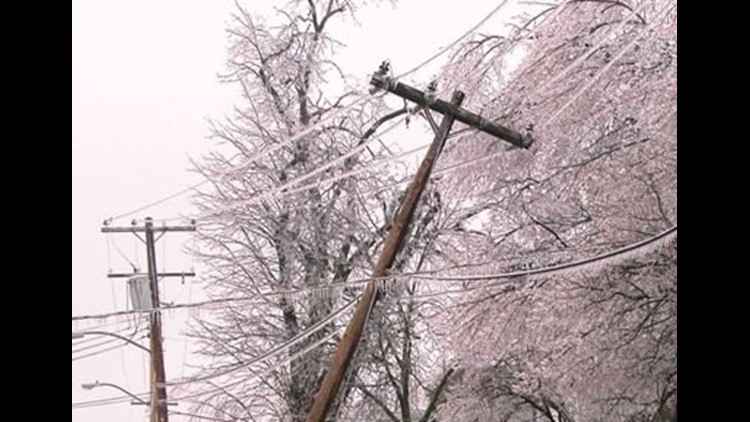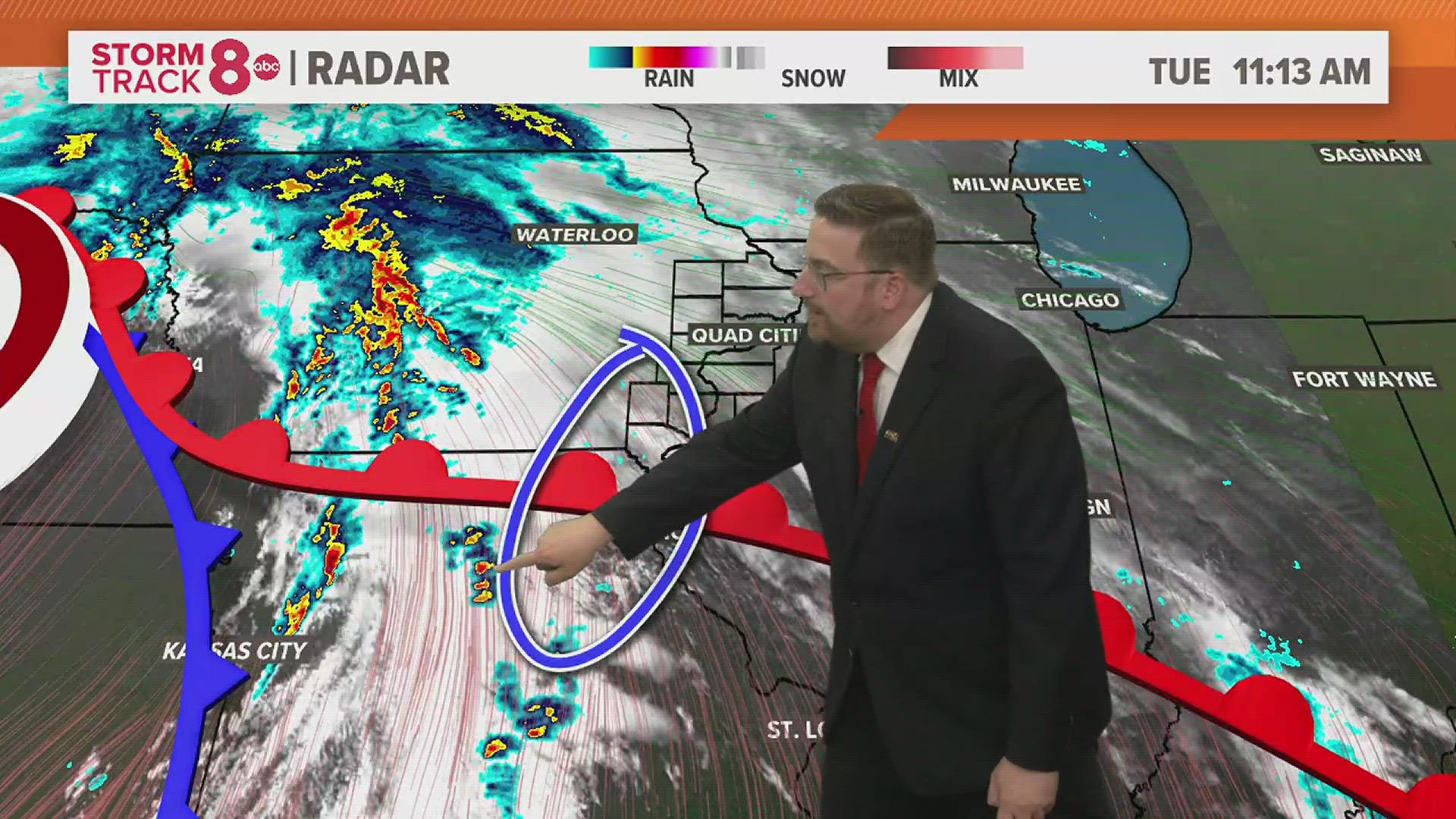(CNN) — If it’s cold outside and you have electricity, consider yourself lucky.
Thousands of people in the northern United States and southeastern Canada have endured at least four days without power because of ice-related outages. And for some, the heat might not come back on until this weekend, utility companies said.
More than 127,000 customers were without power in below-freezing temperatures Friday in parts of Michigan and northern New England and the Canadian provinces of Ontario, Quebec and New Brunswick.
The winter weather has also turned deadly. At least 20 people have died in weather-related incidents since Saturday.
Fifteen of those deaths were in the United States; the majority died of carbon monoxide poisoning, emergency management officials said. Carbon monoxide poisoning often occurs when people run generators inside their homes.
Another five people died in Canada from carbon monoxide poisoning, including three in Quebec and two in Toronto, officials said.
The frigid weather will spread across the United States this weekend, with temperatures expected to fall 10 to 15 degrees below normal in the Midwest on Saturday. On Sunday, the chill will move into the Plains. Snow may hit New England on Sunday or Monday.
In areas near Toronto, where officials said the storm was one of the worst to hit the city, more than 32000 were without power Friday. While that’s down from 300,000 at the peak, utility officials there declined to estimate when the last outages would be fixed.
“It’s taking long because we haven’t seen a storm like this in our history,” Toronto Hydro spokeswoman Tanya Bruckmueller told CBC News. “The amount of damage to both our equipment due to the trees coming down is slowing us down, as well as this morning we’ve got snow coming, which is much heavier on the branches and is now covering a lot of what we need to be repairing.”
Toronto resident Vic Baniuk told CBC on Thursday his family hasn’t had power for five days, and they were using a fireplace and a cast-iron stove to stay warm.
“We’re sitting in the dark and cold, and I feel that everybody has ignored us,” he told CBC.
A tree branch pierced his roof, making a bad situation worse.
“This is not an inconvenience. This is an emergency, a disaster,” Baniuk said.
The temperature in Toronto isn’t expected to rise above freezing until Saturday, with a forecast high of 3 degrees Celsius (about 37 degrees Fahrenheit).
Another 5800 people were without power Thursday elsewhere in southern Ontario; 19,000 had no electricity in New Brunswick, and another 2200 still had outages in Quebec province, utility companies said.
Power to the people
Power crews were working around the clock and called in reinforcements from other states to help them wrangle electric lines back into place.
In Michigan, ice could finally start melting Saturday when temperatures could reach the high 30s or lower 40s. But Michigan power company Consumers Energy warned the thaw could cause more outages by allowing tree branches to snap and crash into power lines.
Consumers Energy said it expected to have most outages fixed by the end of Saturday.
About 330 customers had no power in parts of Vermont on Friday morning. Roughly 12,500 people still were without electricity in Maine.
With no power in her Litchfield, Maine, home on Wednesday afternoon, Mary Beth King cooked her family’s Christmas dinner — seafood chowder — on an outdoor grill, CNN affiliate WGME-TV in Portland reported.
Friends and family find shelter
But many of those who lost power found generosity and new friends after turning to shelters to stay warm.
More than 200 people took refuge Thursday in Red Cross shelters in Michigan and Maine, according to the group’s online shelter tracker.
Bonnie Libby told CNN affiliate WOOD-TV in Grand Rapids, Michigan, that after living with shelter mates for three days, she now describes them as “friends and family.”
The outage was a cure for loneliness on Christmas Day for Larry Sutherland.
If not for it, he said, “I would be spending it alone, and my Christmas dinner would be a microwave meal.”



